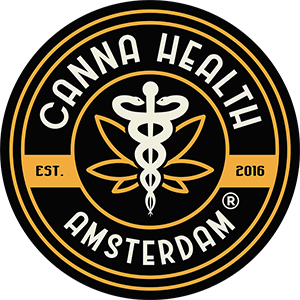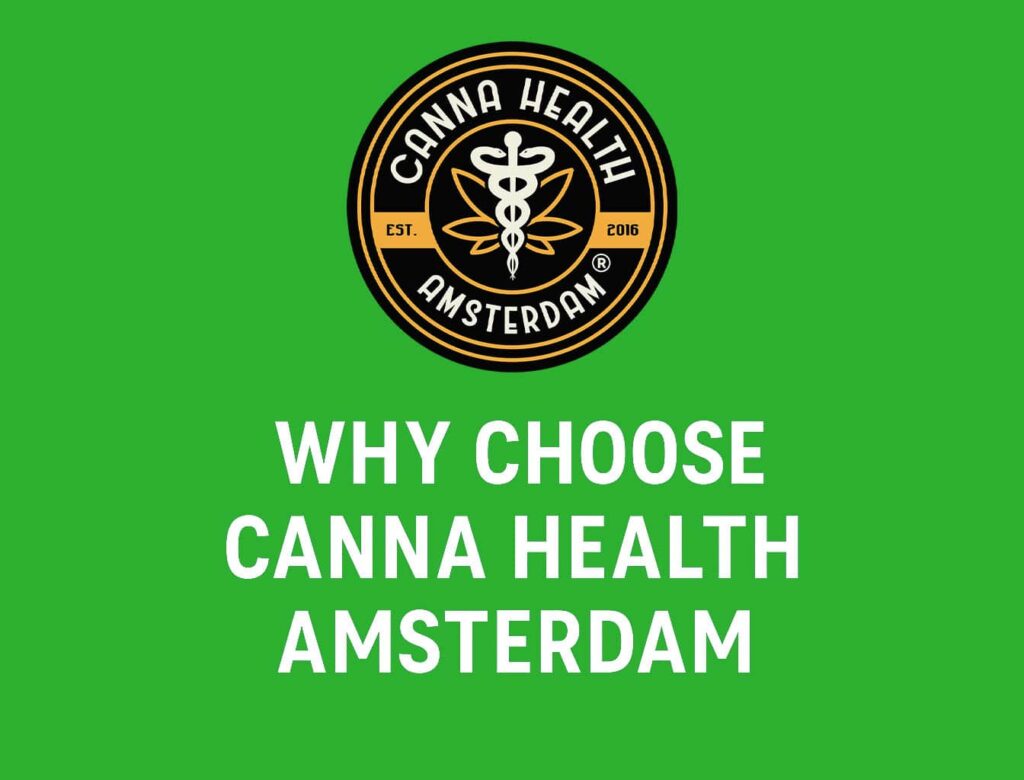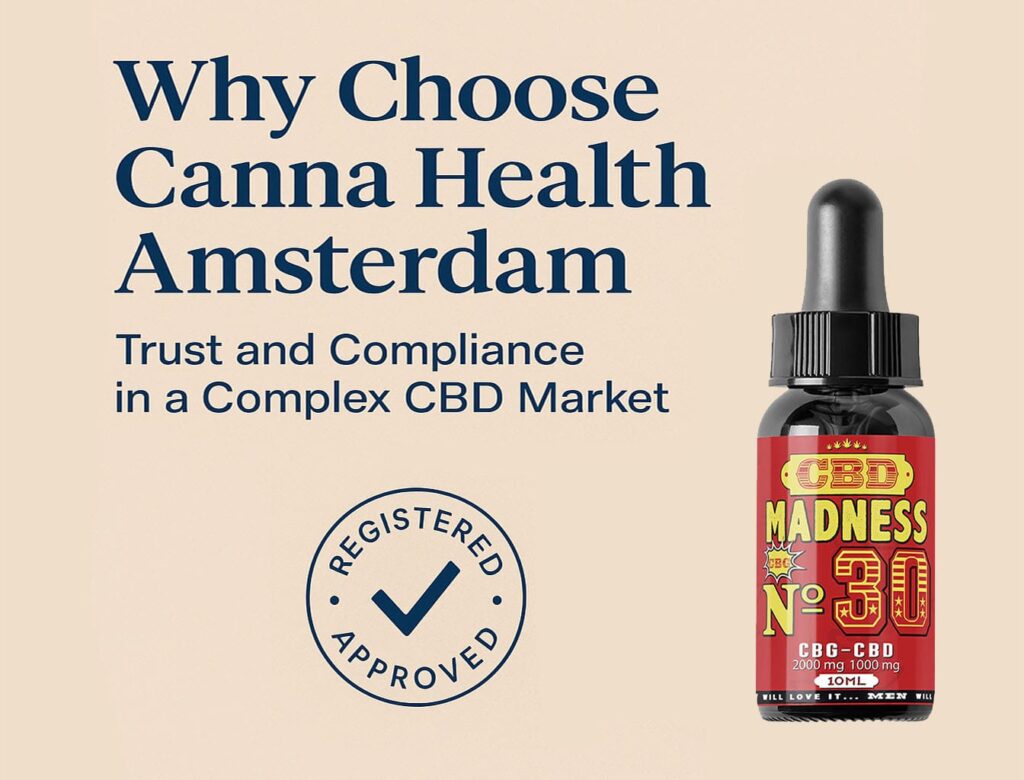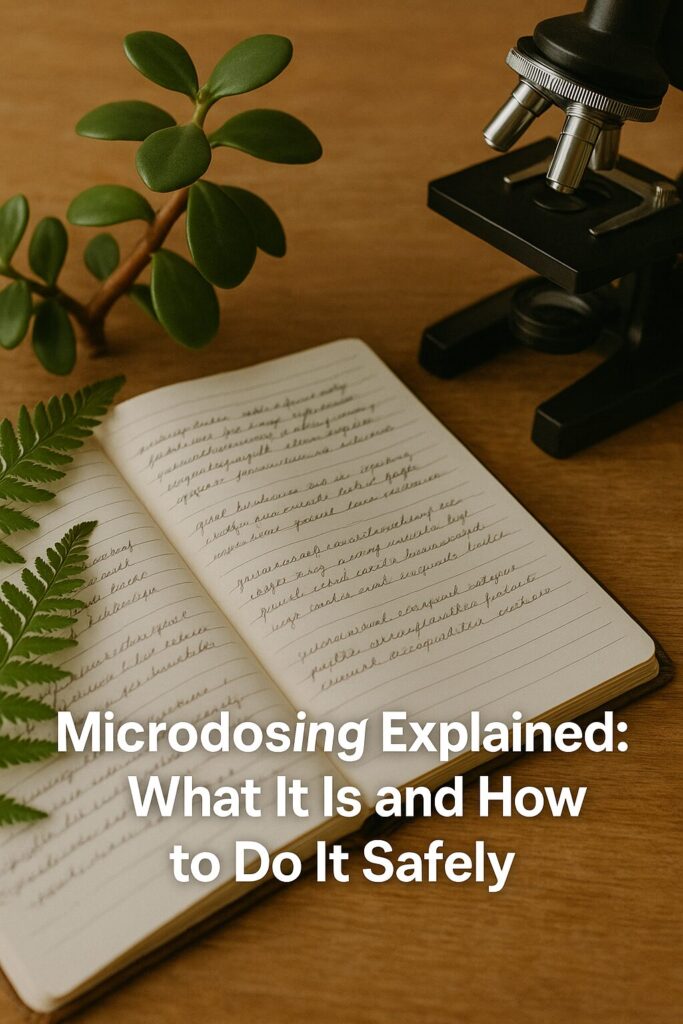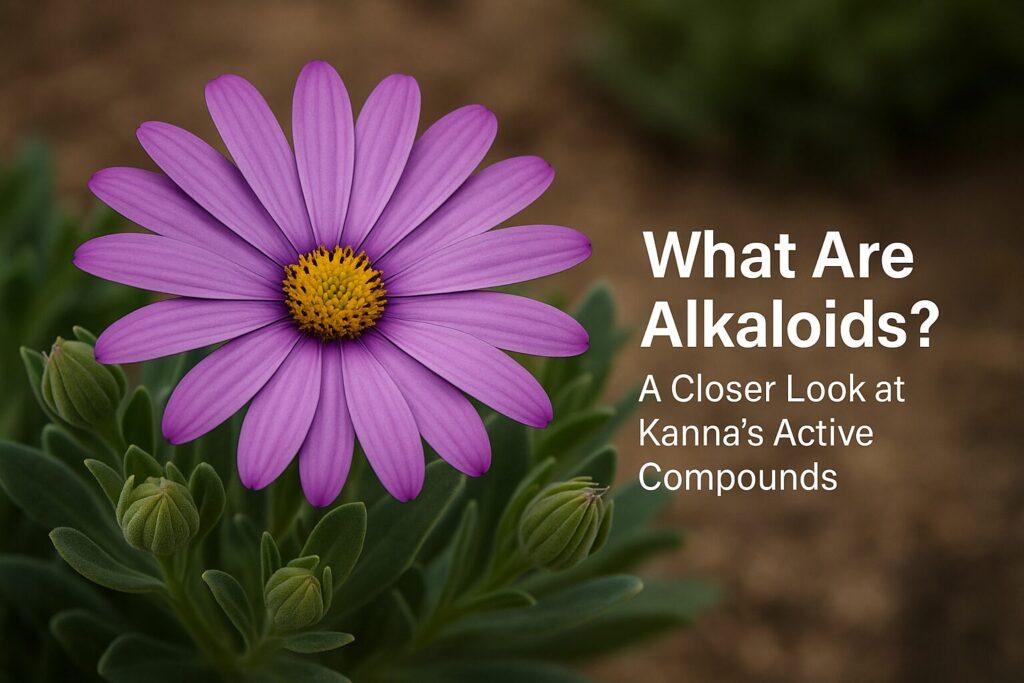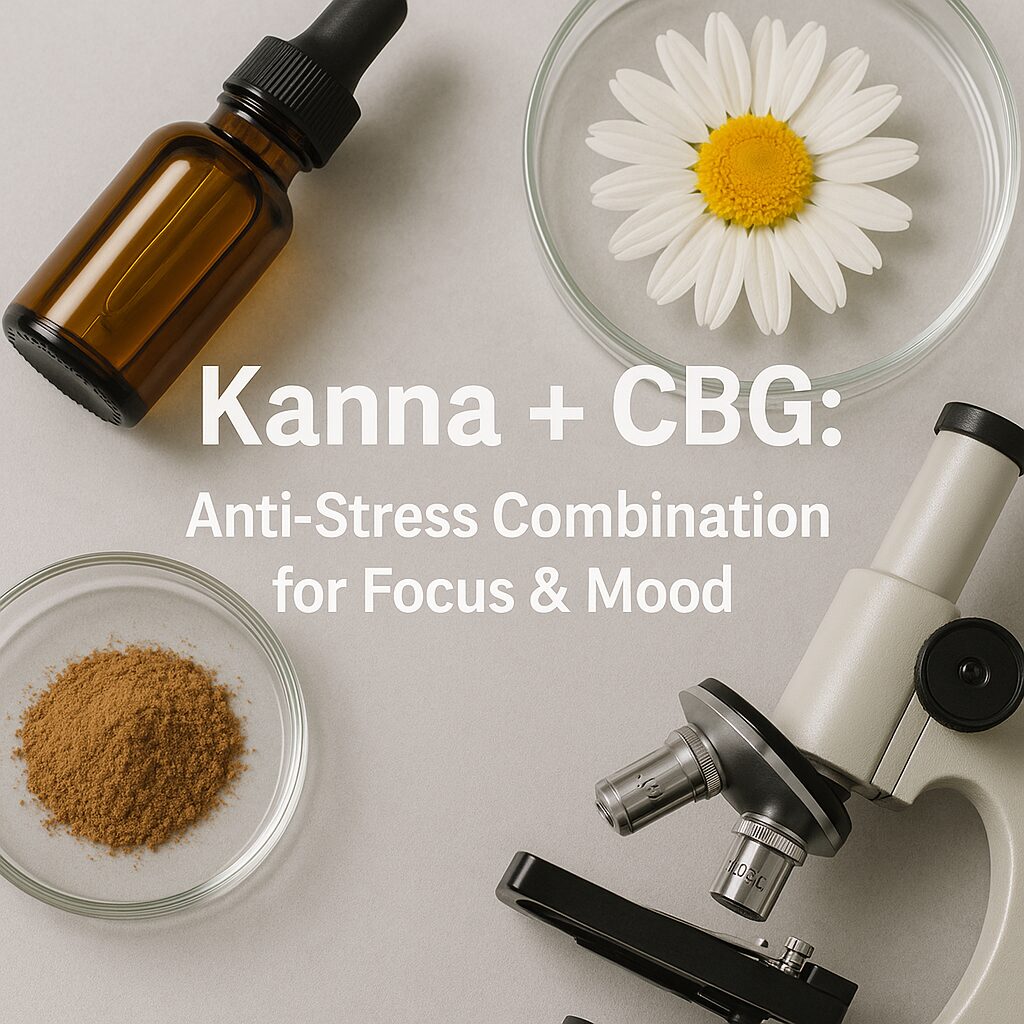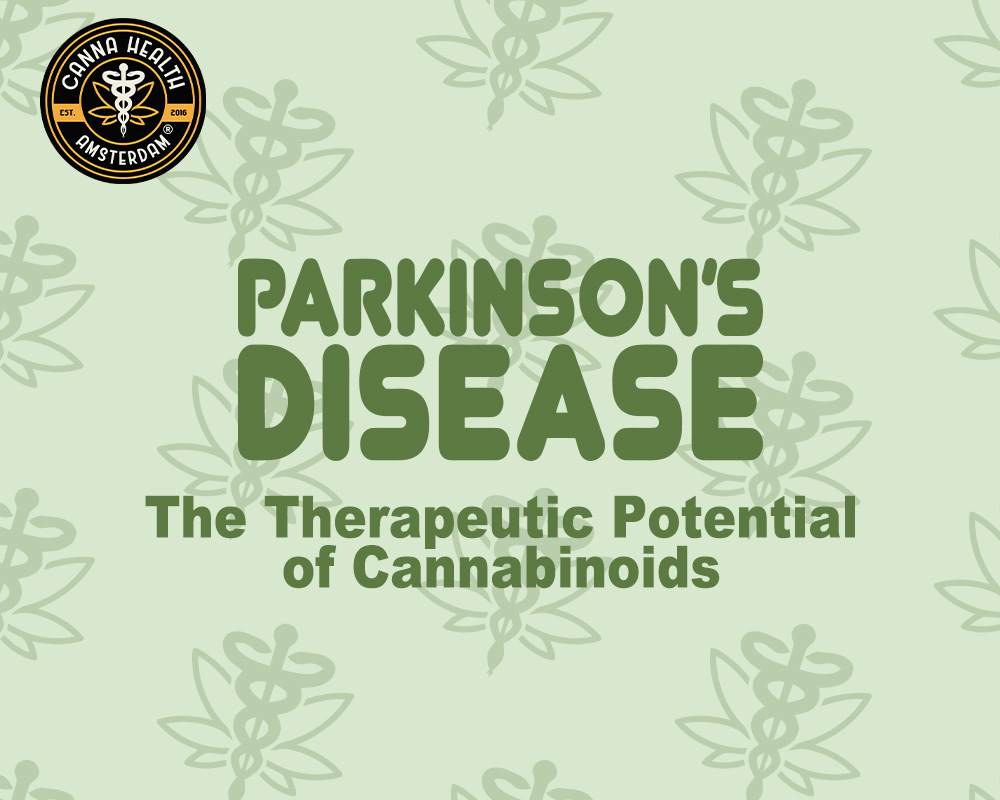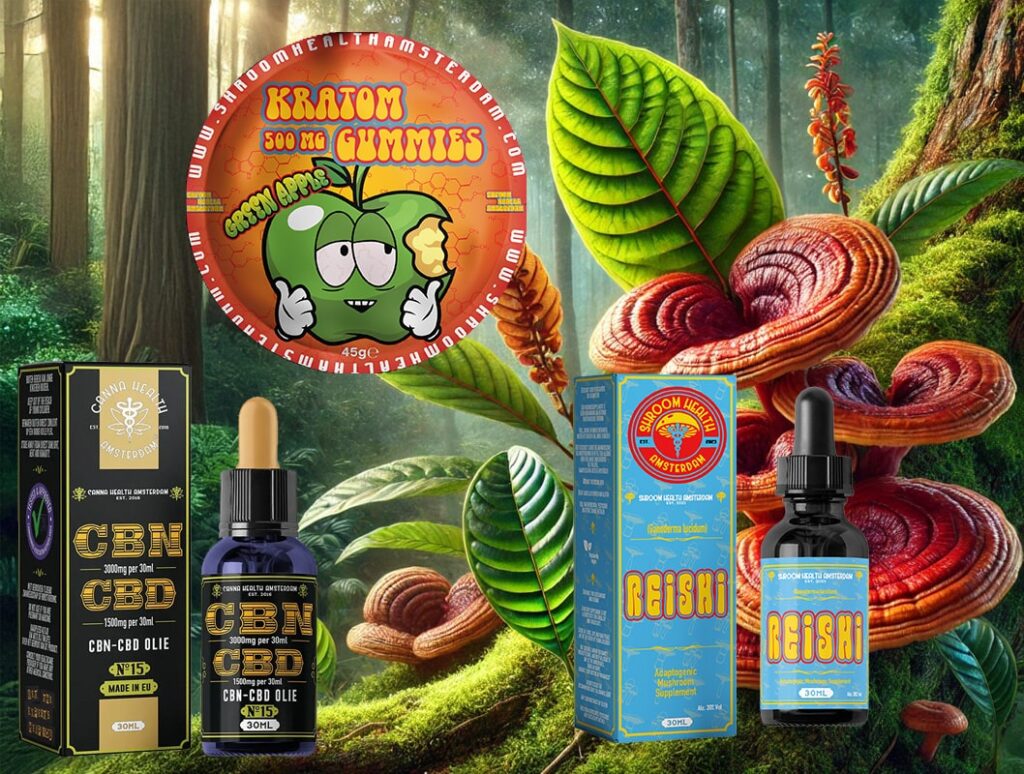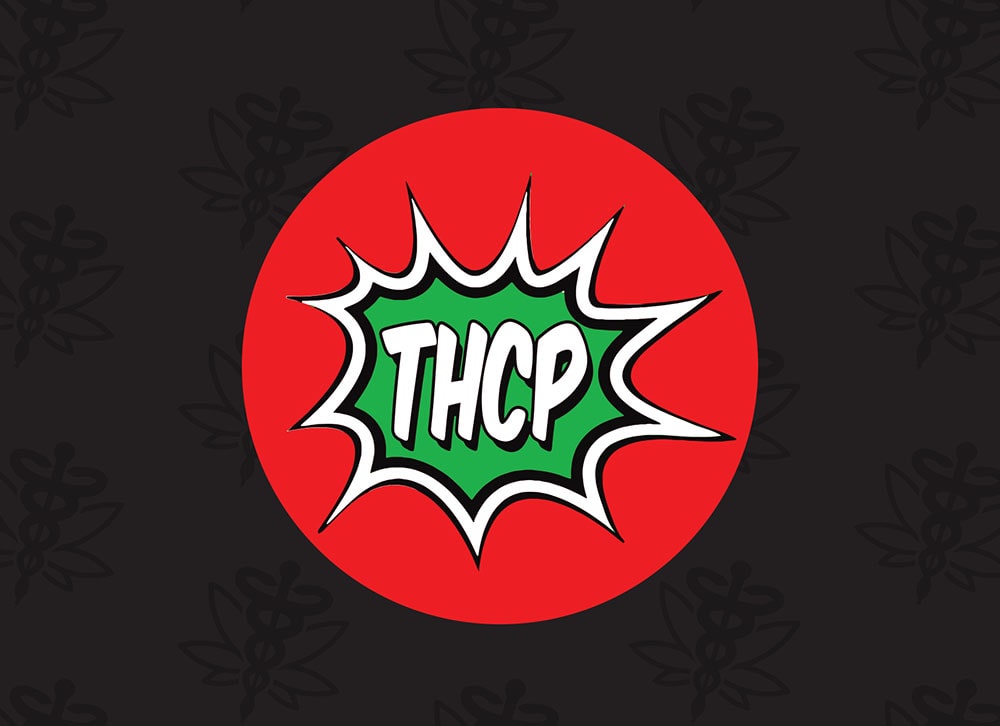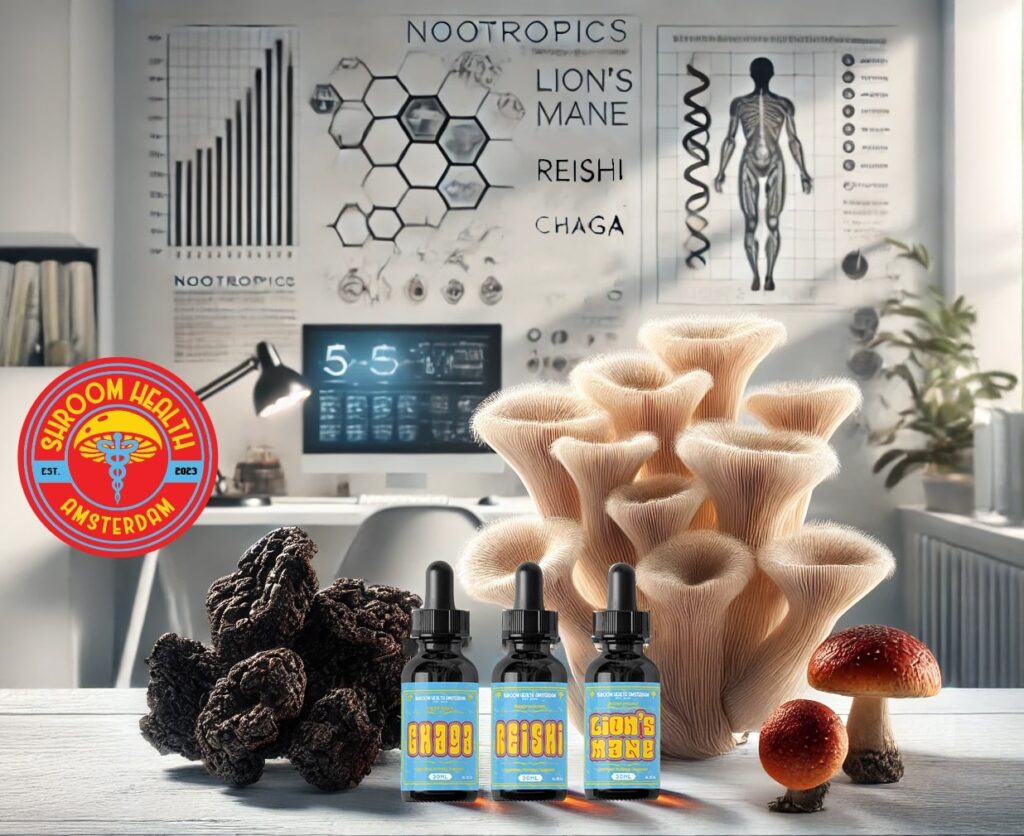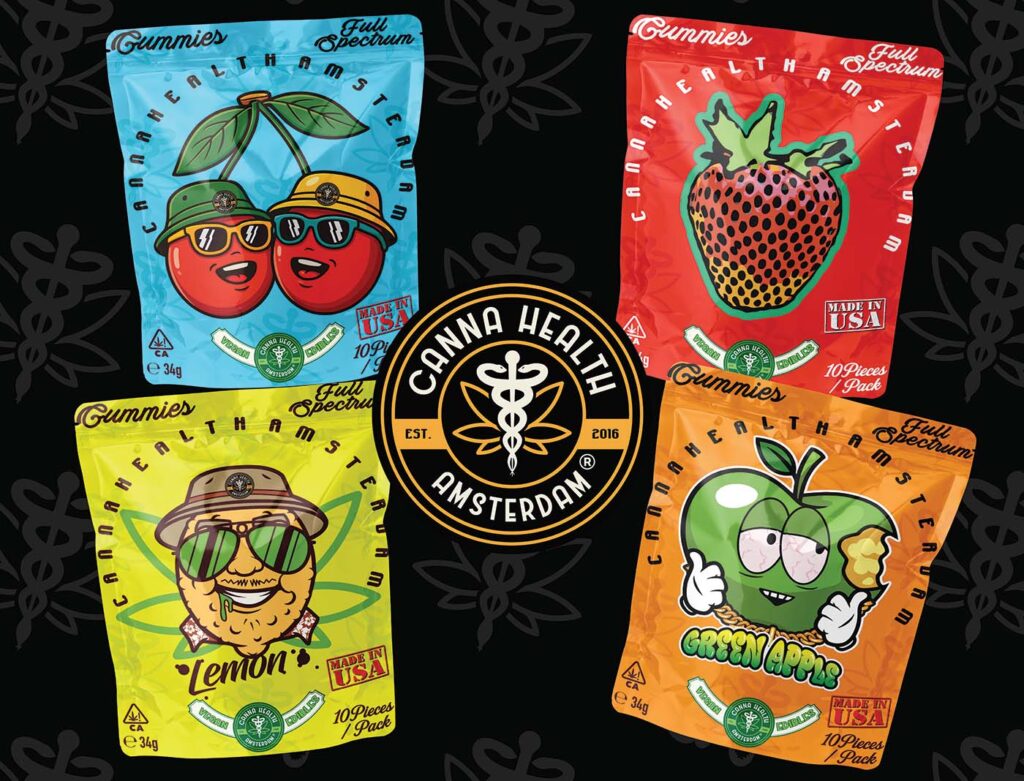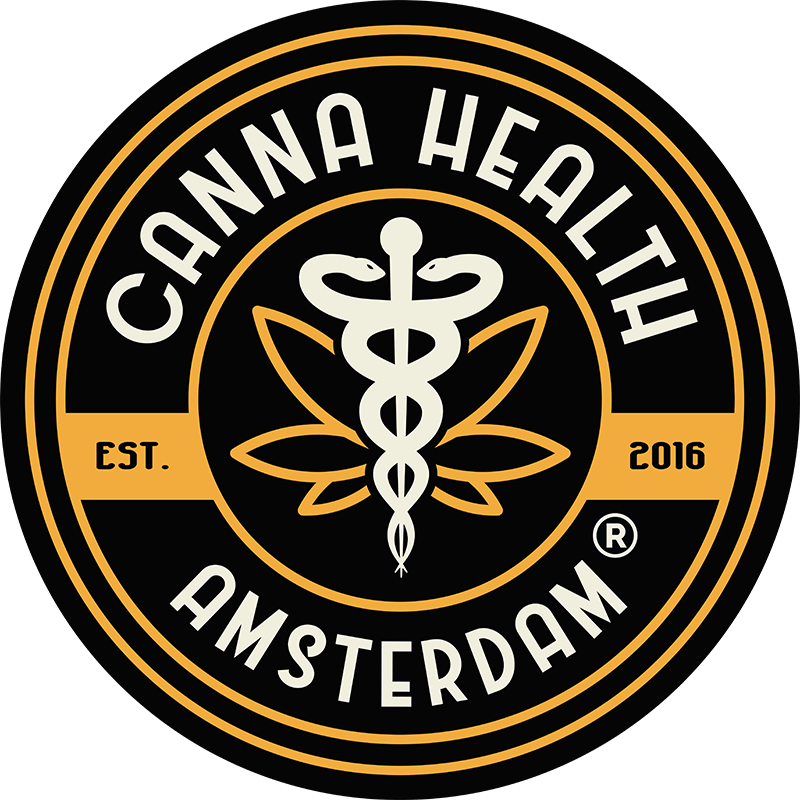
Blog
Psilocybin: An In-depth Look
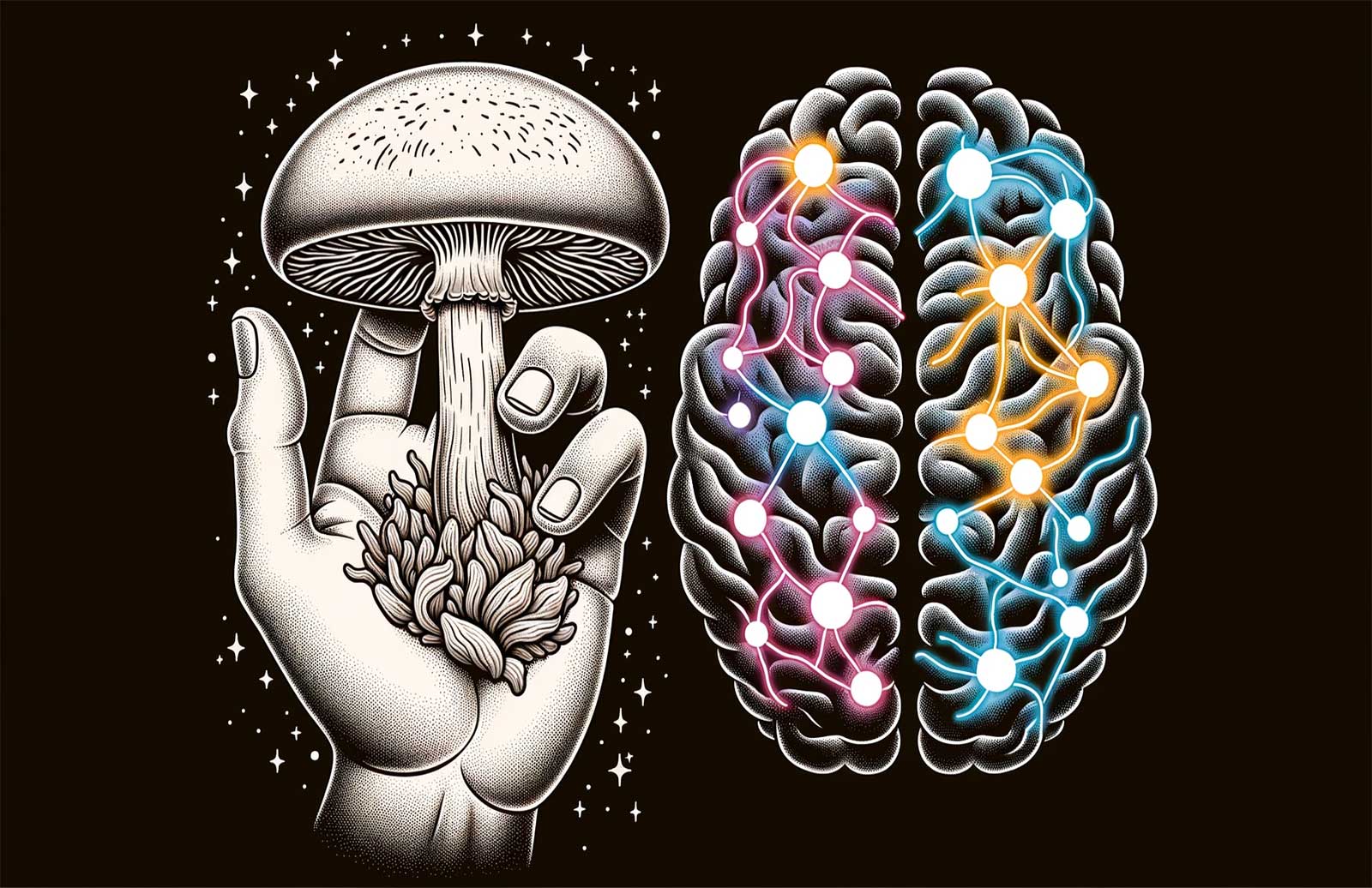
Magic mushrooms, commonly referred to as “shrooms,” contain psilocybin, a hallucinogenic compound. The duration for which shrooms remain in an individual’s system is influenced by various factors, including the mushroom’s potency, the dosage, and the individual’s physiology.
Duration in the System
The kidneys process the compounds in magic mushrooms, primarily psilocybin, which is responsible for the hallucinogenic effects. This process is relatively swift, with the kidneys excreting most of the compounds within a few hours. Research indicates that approximately 66% of the compounds are excreted within the first three hours post-ingestion. After 24 hours, psilocybin becomes undetectable in urine. However, the exact duration for other compounds to remain in the system and the effects’ longevity is uncertain.
Factors influencing the body’s processing of these compounds include:
- Weight and metabolism of the individual
- Dosage and type of mushroom consumed
Drug Testing
The detectability of shrooms in drug tests varies. Common drug tests, such as the five-panel test, do not screen for compounds found in shrooms. However, specific tests can detect hallucinogenic compounds if administered promptly, given the body’s rapid metabolism of these compounds.
Effects and Duration
The hallucinogenic effects of shrooms can last between 3 to 6 hours, although this varies among individuals. Factors influencing the duration include:
- Weight and body composition
- Age
- Dosage and potency
- Type and amount of mushroom consumed
- Preparation method (e.g., dried or in tea)
- Tolerance levels
- Mental state of the consumer
- Co-consumption of other substances
Some individuals may be more sensitive to these compounds, experiencing prolonged effects even after the initial high subsides.
Risks and Side Effects
Consuming magic mushrooms poses certain risks. A negative experience, often termed a “bad trip,” can result in:
- Intense confusion and fear
- Disturbing hallucinations
- Severe psychological disturbances
Physical side effects may include stomach aches, nausea, vomiting, muscle weakness, confusion, and lack of coordination. There’s also a risk of poisoning if one consumes a misidentified mushroom resembling a hallucinogenic variant. Overdosing on shrooms can lead to intense trips, psychotic episodes, and even death.
Therapeutic Potential
There’s growing interest in the potential medicinal uses of hallucinogenic mushrooms. Preliminary research suggests that psilocybin could aid in treating conditions like alcohol use disorder, tobacco dependence, obsessive-compulsive disorder, treatment-resistant depression, and anxiety. However, more research is needed in this area.
Psilocybin and Mental Health Research
Psilocybin, the active compound found in “magic mushrooms,” has gained traction in recent years as a potential treatment for various mental health disorders and addiction. Numerous studies have explored its potential benefits in treating depression, anxiety, obsessive-compulsive disorder (OCD), alcohol dependence, and tobacco addiction. This article highlights the recent research on psilocybin and its potential role in addressing these challenging conditions. The findings mentioned in this article are based on a study published in The Mental Health Clinician, a publication of the College of Psychiatric and Neurologic Pharmacists.
Psilocybin, Mental Health and Addiction
Suicidality and Depressed Mood
A study by Hendricks examined the relationship between lifetime psilocybin use and psychological distress, suicidal thinking, suicidal planning, and suicide attempts in a large adult population in the United States. The study found that individuals in the psilocybin-only group had reduced odds of all of these outcomes compared to those who had never used psychedelics. This supports the idea that psilocybin may play a role in reducing suicidality and improving mood, although the patients in the study did not necessarily have a diagnosis of major depressive disorder.
Anxiety Disorders
Research on psilocybin has also examined its potential role in treating anxiety symptoms in patients with cancer. A double-blind, placebo-controlled study by Grob found that psilocybin significantly decreased anxiety as measured by the State-Trait Anxiety Inventory at 1 and 3 months post-treatment compared to a control group receiving niacin. Mood also improved for 2 weeks after treatment and reached statistical significance at the 6-month point.
Psilocybin and Obsessive-Compulsive Disorder (OCD)
A study by Moreno investigated the use of psilocybin in treating OCD, based on its serotonergic mechanism. The study found that 88.9% of patients showed a greater than or equal to 25% decrease in OCD symptoms per the Yale-Brown Obsessive Compulsive Scale (YBOCS) at the 24-hour mark after psilocybin administration, and 66.7% maintained a greater than or equal to 50% decrease in YBOCS scores at 24 hours post one of their testing doses.
Mental Health, Addiction and Alcohol Dependence
A proof-of-concept study by Bogenschutz examined the use of psilocybin to treat alcohol dependence. The study found that patients who received psilocybin in addition to psychosocial treatment with motivational enhancement therapy experienced a significant decrease in alcohol use post-psilocybin administration. The percentage of drinking days and heavy drinking days during weeks 5 through 12 decreased relative to baseline and to the first 4 weeks of psychosocial therapy.
Tobacco Cessation
A pilot study by Johnson explored the use of psilocybin in the treatment of tobacco addiction. The study found that participants who underwent a 15-week course of smoking cessation treatment, including psilocybin administration at weeks 5, 7, and 13, experienced a significant decrease in tobacco use. There were no clinically significant adverse effects, although some patients reported mild headaches that resolved within 24 hours of psilocybin administration.
Conclusion
The research on psilocybin as a potential treatment for various mental health disorders and addiction is promising. While the studies mentioned above have limitations, such as small sample sizes, they open the door for future research on the impact of psilocybin in these areas. As our understanding of psilocybin’s therapeutic potential continues to grow, it may emerge as a valuable alternative treatment for individuals struggling with mental health challenges and addiction.
Disclaimer: This blog is for informational and educational purposes only. We review and reference available studies and reputable sources; however, content may not reflect the most current research or regulations and should not be taken as medical, legal, or professional advice. We do not make or imply health claims. Products mentioned are not intended to diagnose, treat, cure, or prevent any disease and statements have not been evaluated by EFSA or the FDA. Effects can vary between individuals. Always consult a qualified healthcare professional before use and verify that any product or ingredient is lawful in your jurisdiction.

